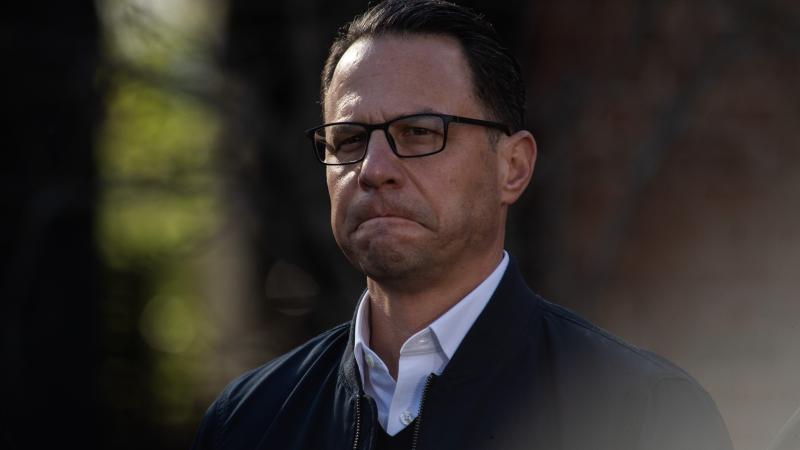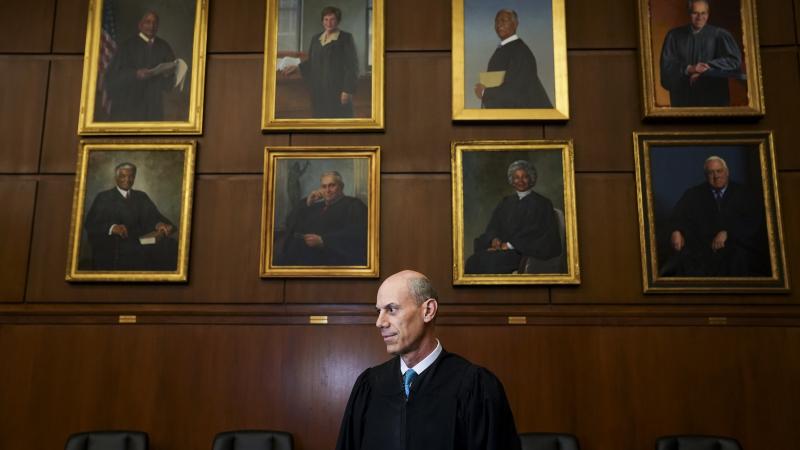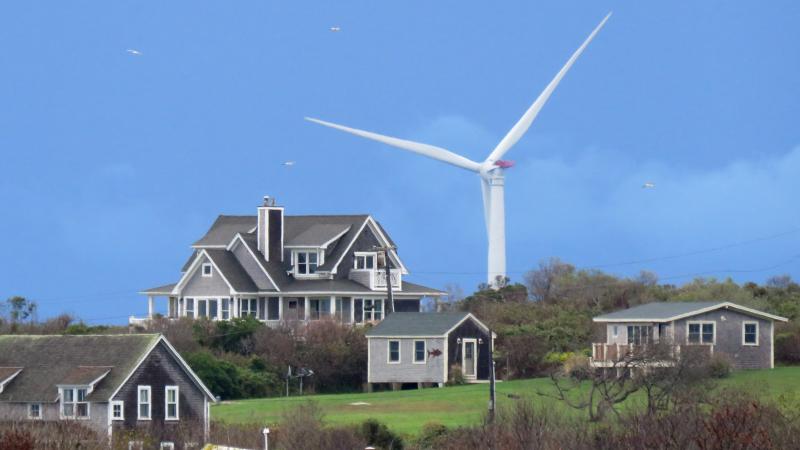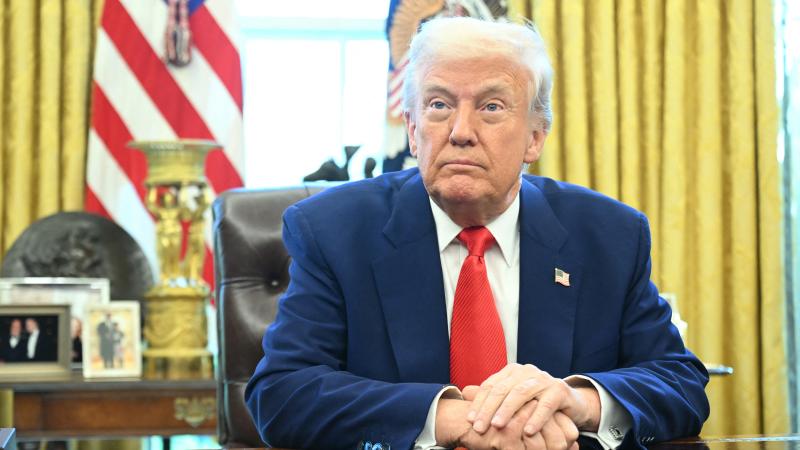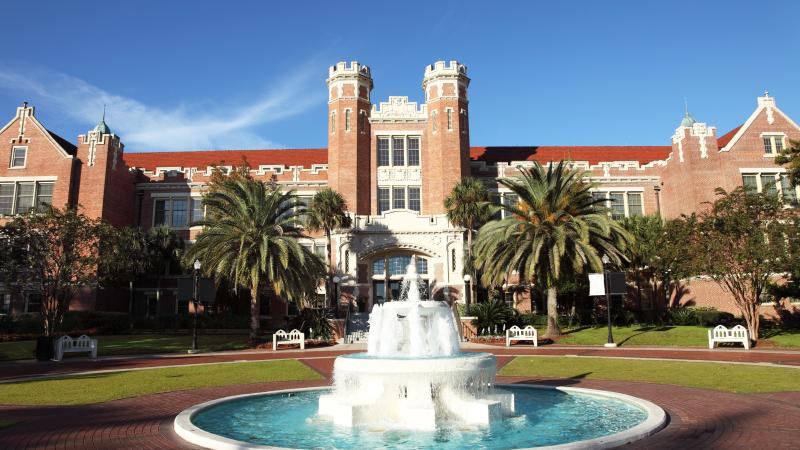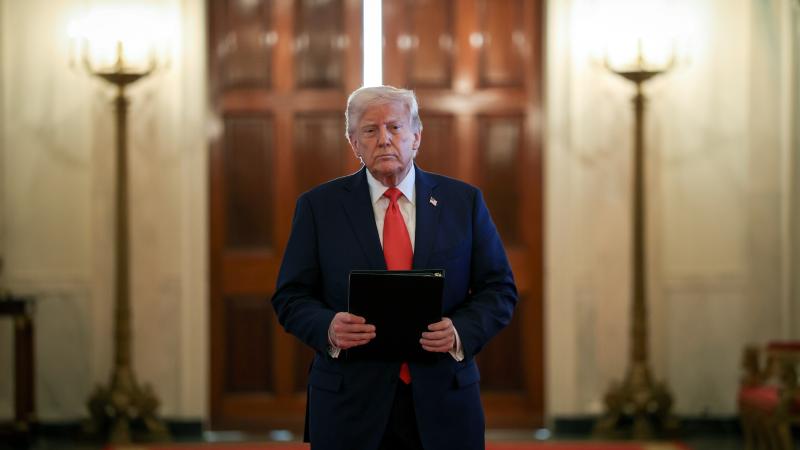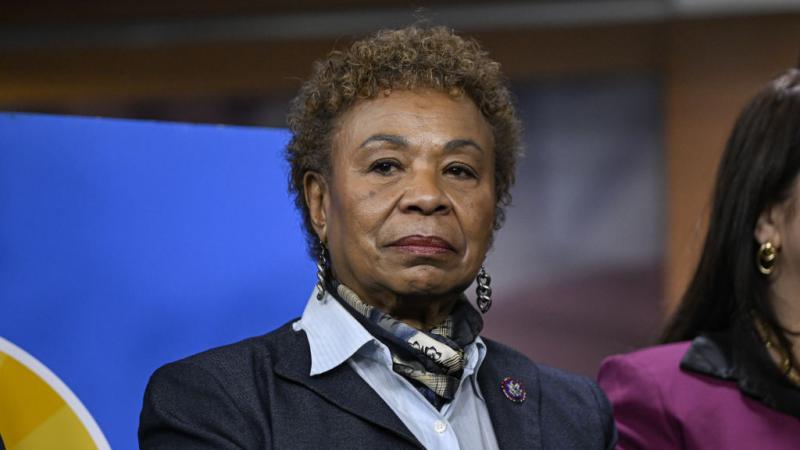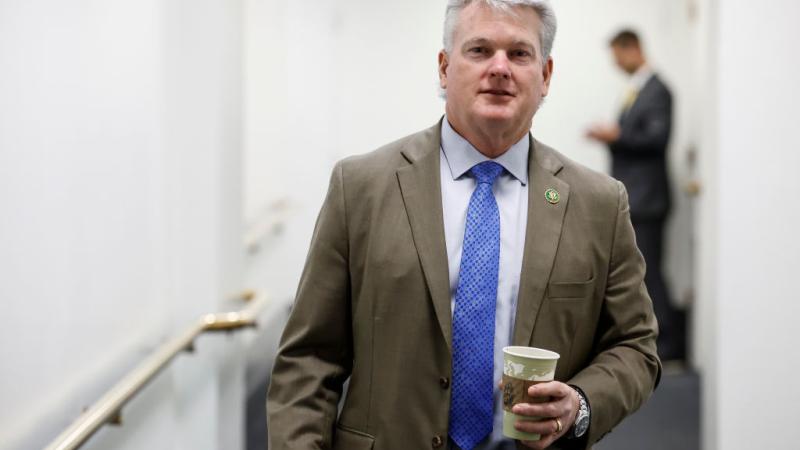Ban on public preaching unites Christian and Krishna, pro-lifers, prisoner advocates at SCOTUS
5th Circuit refused to let evangelist seek injunction against "protest" zone law because he didn't contest the charge and paid a fine. Rumble, Rebel News sue Canadian officials for extortionate security fee at Don Jr. event.
The Supreme Court has a soft spot for street evangelists targeted by public officials in the name of shielding passers-by from the discomfort of the gospel, going so far as to rule 8-1 in 2021 – over the first solo dissent of the chief justice – that Chike Uzuegbunam could sue Georgia Gwinnett College simply for censoring him, without alleging financial harm.
Four hundred miles west in the Bible belt, an evangelist arrested and fined for preaching outside a "protest" zone far from pedestrian traffic, and his allies in the First Amendment, conservative, pro-life, religious liberty and prisoner welfare movements, are asking the high court to save unpopular speech from a damned-if-you-do, damned-if-you-don't ruling.
The 5th U.S. Circuit Court of Appeals, which oversees Texas, Louisiana and Mississippi, worsened an "entrenched split" with the 9th and 10th circuits, which together oversee 15 states, by refusing to let Gabriel Olivier challenge Brandon, Mississippi's ordinance, with "significant implications for vindicating constitutional rights," especially the "doubly protected" right to share one's faith, his SCOTUS petition says.
Represented by First Liberty Institute, he also wants SCOTUS to review an even bigger circuit split on whether its Heck precedent also bars Section 1983 civil rights claims by plaintiffs who "never had access to federal habeas relief," given that Olivier was never "in custody."
"When someone challenges an unconstitutional law, the government does everything it can to stop them from getting their day in court," Liberty Justice Center President Jacob Huebert, whose public interest firm filed a friend-of-the-court brief, said in a press release.
Upholding the trial court's ruling for Brandon, as the 5th Circuit panel did, "would make that even easier for the government by closing the courthouse doors" to those most affected, "who have already been prosecuted for violating it," he said.
Twelve hundred miles and a culture away from Brandon, video platform Rumble and conservative publisher Rebel News are suing Canadian public lands officials and a member of Parliament for similar municipal meddling: forcing them "under duress and protest" to pay a $37,000 security fee for their "freedom-oriented two-day event" in Toronto last year.
While speakers included Donald Trump Jr. and Glenn Greenwald, the heterodox progressive journalist, police repeatedly told public officials who expressed concern there was "no indication that any protestors will show up" or even a "buzz" of planned disruption, the suit says.
The plaintiffs alleged the fee was retaliation by MP Ya'ara Saks, and possibly other defendants, for being forced in court a year earlier to stop blocking Rebel News journalists from MPs' official accounts on social media platform X and pay their legal costs. Saks represents York Centre, where their event was hosted.
Defendants' communications, quoted in the suit, show they brainstormed a pretext to shut down the "controversial" event by the "right wing, anti-government organization" Rebel News, which they feared would "attract an undesirable crowd," and looked for "language within the lease agreement that would permit us to stop this."
'Not just a permissible but a perfect plaintiff'
Two Democratic and one Republican presidential nominees set off a legal bomb on America's most conservative federal appeals court in 2023, blocking Olivier from suing for "prospective relief" against Brandon's protest ordinance because he pleaded no contest and didn't appeal his conviction, which included a suspended 10-day jail sentence.
The full 5th Circuit failed by a single vote to rehear the case last fall, with Judge James Ho – considered a likely, if "brash," SCOTUS nominee for President Trump's second term – writing a dissent joined by five other jurists mocking the "curious result" the panel reached "due entirely to our own misreading" of Heck.
Being convicted under the ordinance "should make [Olivier] not just a permissible but a perfect plaintiff," but the panel "sends an odd message to citizens" that they can't sue before or after legal injury, Ho wrote. "Once again, when it comes to suits against the government, the message is: 'Heads I win, tails you lose.'"
Judge Andrew Oldham, joined by Ho's posse plus Judge Priscilla Richman, wrote another dissent blasting the panel's "indefensible" refusal to follow its own recent full-court precedent that "prospective injunctive relief does not implicate Heck's favorable-termination requirement," as does "retrospective" relief to "collaterally attack criminal convictions."
Olivier just wants to stop enforcement of an unconstitutional law "in the future," Oldham wrote. "Injunctions do not work backwards to invalidate official actions taken in the past." (Two judges on Olivier's panel were part of another in December that refused an injunction against his fellow evangelists, who left rather than be arrested.)
Friend-of-the-court briefs supporting Olivier rolled in over the past week, starting with the Manhattan Institute, whose counsel, Ilya Shapiro, himself left Georgetown Law rather than lead its Center for the Constitution under the constant threat of firing for his speech.
The case "involves a seemingly arbitrary denial of the ability to challenge an unconstitutional speech restriction" that cries out for resolution by SCOTUS, which has held that "claims merely opening the door to a new hearing do not necessarily undermine a prior sentence," it says.
"Must a court inquire into whether a claim has an 'indirect impact' on the underlying conviction?" it asked. "Should the focus be on whether the prospective relief is 'so intertwined' with a claim for damages that it essentially challenges the constitutionality of the law leading to the original conviction?"
'Relegates evangelical traditions of every stripe to second class'
The International Society for Krishna Consciousness, represented by the Great Lakes Justice Center, says its members have also been arrested and fined for practicing their faith with "public chanting and distribution of literature" but can't seek future relief in the 5th Circuit's jurisdiction "because of previous fines."
Not overturning the ruling "will create a disfavored group of people … who are most likely to need to challenge restrictive ordinances and who are also most likely to have existing infractions or convictions for violating those very ordinances," the brief says. "This is a Catch-22 that relegates evangelical traditions of every stripe to second class."
Life Legal Defense Foundation and pro-life pregnancy center networks National Institute of Family and Life Advocates, Heartbeat International and Human Coalition said the ruling "leads to absurd results" for their speech, which hostile states are suppressing under their authority to regulate abortion since SCOTUS eliminated the federal right in Dobbs.
"To counter government efforts to 'keep the peace' by suppressing speech deemed offensive by some, speakers need the broad array of legal remedies available to them under federal law," they said.
Heck involved "a custodial defendant who sought monetary damages," and the 5th Circuit's "noncontextual and rigid" interpretation "has exalted form over substance," the groups said. It also "tacitly assumes that state court criminal defendants uniformly possess the knowledge, ability, and resources to defend their rights in criminal proceedings."
The nonprofit Human Rights Defense Center, "one of the few national opponents to the private prison industry" and advocate for free speech rights between publishers and prisoners, laid out the practical consequences of the 5th Circuit ruling.
It requires an incarcerated person who "intends to repeat" the exercise of his civil rights when he gets out to "proceed all the way through state and (potentially) federal habeas before he can secure a prospective injunction against future prosecution," it wrote. "And if his sentence is shorter than the many years that process can take, he loses his rights altogether."
The 5th Circuit even bars Section 1983 claims "attacking prison disciplinary actions that result in longer sentences, including through the loss of good-time credits," the brief says.
Midwestern "Christian street preachers" represented by the Harvard Law School Religious Freedom Clinic said localities have threatened to silence them "by imposing discretionary permit requirements and ordinances that restrict public noisemaking or forbid disruption of peace and good order," an attack on a practice dating to "Jesus's apostles."
They traced their lineage to "the Second Great Awakening’s street preachers," shut out of "mainstream churches," who "spoke directly to the people by evangelizing in public streets, open fields, and national parkland." Jehovah’s Witnesses and civil rights leaders followed their example to "challenge religious and cultural orthodoxy."
The fight to preach in public created "a legal infrastructure that has benefited countless civil rights leaders, activists, and modern believers," but "all those hard-won legal protections would be for naught without a remedy for violations of constitutional wrongs," the brief says.
The Facts Inside Our Reporter's Notebook
Videos
Links
- first solo dissent of the chief justice
- Chike Uzuegbunam could sue Georgia Gwinnett College simply for censoring him
- First Amendment
- conservative
- asking the high court to save unpopular speech
- his SCOTUS petition says.
- its Heck precedent
- Section 1983 civil rights claims
- public interest firm filed a friend-of-the-court brief
- press release
- Rumble and conservative publisher Rebel News are suing
- blocking Olivier from suing for "prospective relief"
- full 5th Circuit failed by a single vote to rehear
- likely, if "brash," SCOTUS nominee
- recent full-court precedent
- another in December that refused an injunction
- Manhattan Institute
- Ilya Shapiro himself left Georgetown Law
- under the constant threat of firing for his speech
- International Society for Krishna Consciousness
- Life Legal Defense Foundation
- Human Rights Defense Center
- Harvard Law School Religious Freedom Clinic




